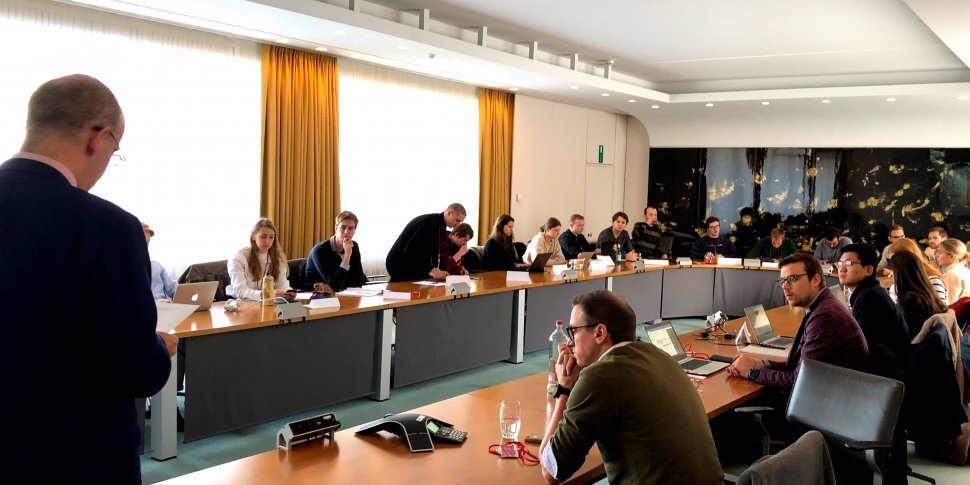Global Finance for Development
Micro-credential
In this course students explore and unpack the central concepts of financial globalisation and aid while studying their impact on development and the poor.
What?
This micro credential aims to address the extent to which the pool of financial resources, available globally from both public and private sources, can be navigated (better) to act as a positive force for development and poverty reduction, first and foremost in the global South, and, as such, contribute to the realization of internationally-agreed development goals, such as the 2030 SDGs. The first part of the course looks at this process from the perspective of the capital dimension of the globalization process (financial globalization), i.e. the intensification of cross-border financial transactions at the global level and the increased openness of countries to be included in those processes. As such, it looks at both private (in the form of foreign direct and portfolio investment, foreign loans and deposits) as well as public (official, such as development aid) sources of finance. In doing so, this part focuses on the relationship between financial globalization and development. In a second part this course zooms in on financial resources coming from more public, concessional sources, i.e. the relationship between aid and development, looking at the evolution in theories and paradigms about this relation, while also studying the evolving global development aid architecture, its main actors, incentives, and its successes and failures in stimulating development. While doing so, it also discusses and critically assesses how aid can crowd-in more private sources of finance.
Part I of this microcredential conceptualizes, defines and measures financial globalization, describes and critically assesses the current International Monetary and Financial Architecture, reappraises the use of external capital (financial globalization) in its relation to development from a general comprehensive framework, and discusses different types of (international) financial crises (banking, currency and debt crises). This knowledge is then applied to assess the impact of financial globalization on development and the poor, and to discuss what strategies and policy interventions are needed at different levels in order to make sure that financial globalization strategies can be translated into a virtuous process for development and poverty reduction. We not only look at the global and the macro (i.e. the Global South recipient country) level, but also look at micro-(local)level interventions.
Part II of the course looks at aid, and its relationship with development, from a political economy perspective, combining insights from political as well as economic sciences. It introduces the students into the history and politics of aid, including learning how to look up and interpret aid statistics; it also describes the evolving global aid architecture. Subsequently, it discusses the extensive literature on whether and how aid is good for development. In doing so it discusses the macro-economic and fiscal effects of aid on recipient countries, and the effects of different aid delivery modalities, aid heterogeneity and aid volatility. Moreover, students get acquainted with theories on (global) public goods, and aid as an instrument for financing these global public goods. Attention is also given to more recent, ‘innovative’ (global) funding instruments, as a lot of these more innovative instruments aim at crowding -in more private sources of finance for explicit development purposes. Finally, the course dives into the latest debates on the implications of recent crises such as the pandemic for aid.
For whom?
- Master / Bachelor students in Social Sciences (Development Studies, Political Science, economics, international relations, …) or related disciplines with a specific interest in topics on globalization, finance, aid, public goods, …
- Development practitioners (donor organizations, NGOs, international institutions, social movements)
- Government officials and policy makers active in the development / finance/ economic policy field
- IOB Alumni who would like to update/ extend their knowledge on this topic
